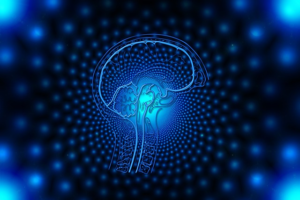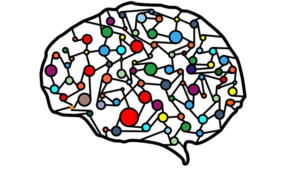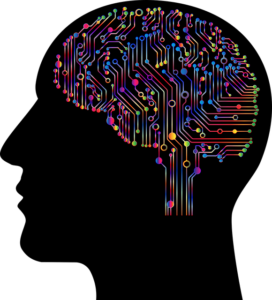Is it too early to have a Minister of Artificial Intelligence? – Geektime
The Israeli Minister of Finance and the Israeli Minister of Innovation have agreed to formulate a plan to strengthen artificial intelligence in preparation for the 2023-2024 Israeli budget. The Ministry of Innovation will lead the formulation of the plan together with the Innovation Authority and the Budget Division. This plan will strengthen the Israeli national artificial intelli…….

The Israeli Minister of Finance and the Israeli Minister of Innovation have agreed to formulate a plan to strengthen artificial intelligence in preparation for the 2023-2024 Israeli budget. The Ministry of Innovation will lead the formulation of the plan together with the Innovation Authority and the Budget Division. This plan will strengthen the Israeli national artificial intelligence program and the field’s regulations that were launched this year by the Ministry of Innovation.
The decision to create such a plan was made with the global race for leadership in the field of artificial intelligence in mind; to strengthen Israel in this strategic field that has become a platform and infrastructure for world economies.
The field of artificial intelligence research is transforming industries like autonomous vehicles, optimizing drugs and medicines formulas, and manipulating genes. AI can detect early-stage cancer to aid radiologists in saving lives, detect anomalies in production lines, create self-remediate computer networks to reduce cyber security risks, and even replace human representatives in call centers.
When AI replaces humans, it increases the response times, reduces human errors, it never takes a lunch break or goes on vacation–from the employer’s perspective, it is the ultimate worker that can transform economies with its endless ever-growing capabilities and work power.
As always, with great power comes great responsibility and as with every technological advancement, there are usually some downsides. In this case, for example, some people, usually the less privileged, will pay the price by losing their jobs to a machine while the jobs market readjusts. Some dangerous aspects of increased AI are self-adapting weapons such as drones, intelligent malware that can self-adapt its attack path, and machine-learning-based video manipulators known as ‘deepfakes’. Experience shows that while money-making corporations and academic institutes are very good at creating and implementing advanced technologies, they still lack the capability of shaping their own ethical codes nor can predict and regulate their impact on humanity.
Israel is following governments like the United States and China in strengthening the national artificial intelligence program by creating economic incentives and assigning technological and ethical task forces to shape and align the national plans in this field.
However, there is one more thing that requires the regulator’s attention: the artificial intelligence field is data-hungry and must be fed with a huge amount of real-world data to produce accurate and meaningful results. Recent developments like multi-party-computation (MPC) and homographic encryption can provide methods to access large amounts of data without jeopardizing private or sensitive information. Regulators must not over-regulate and rapidly adjust the rules to the technology advancement by regularly interfacing with the industry and academia.
Written by Moshe Karako, CTO of NTT Innovation laboratory Israel
Photo credit: Michal Levy
Source: https://www.geektime.com/artificial-intelligence-ministry-regulation-op-ed-moshe-karako-nnt/







